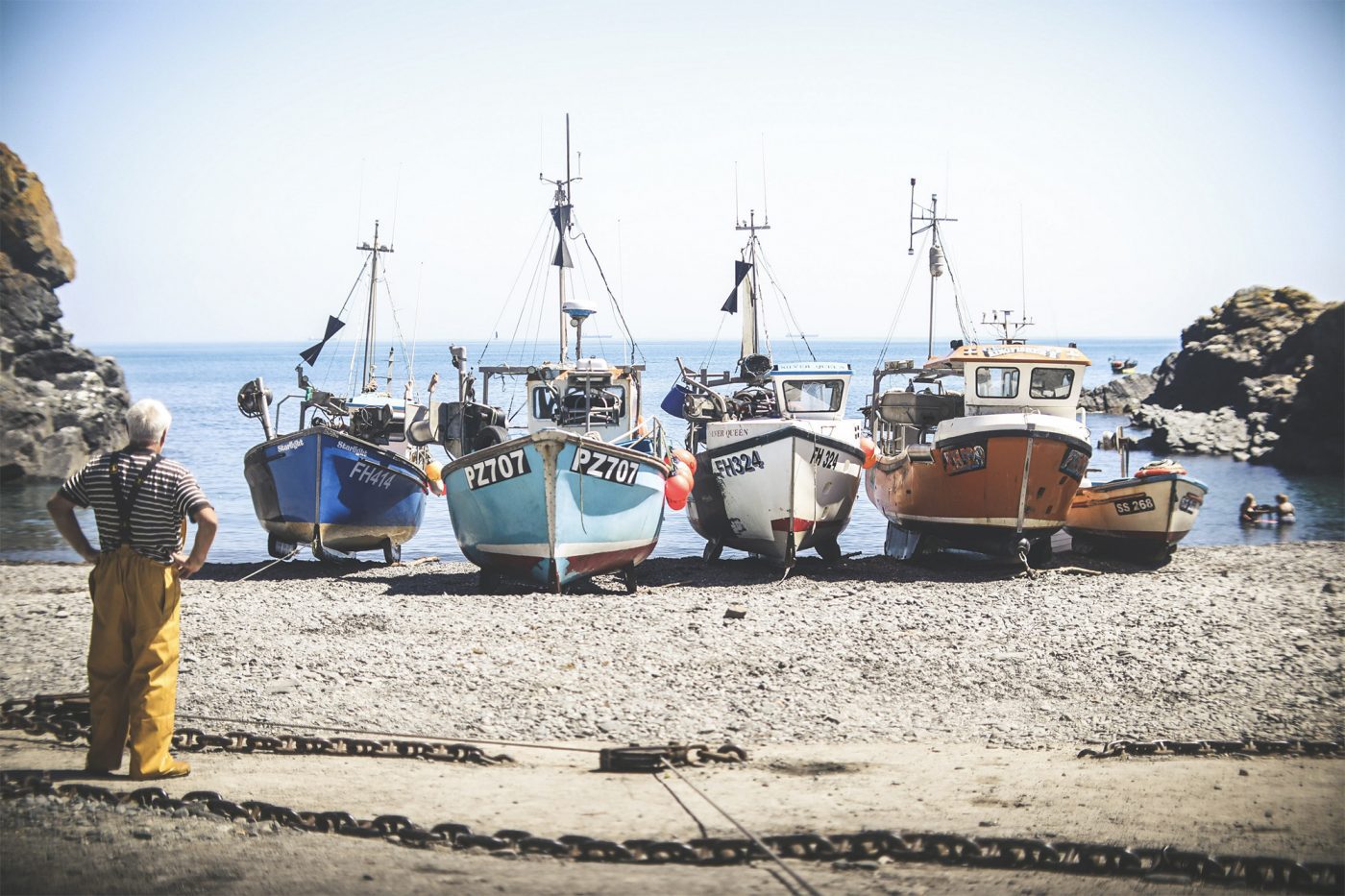Shellfish interests from across England, Wales, Northern Ireland and the Channel Islands met recently in London to form a cross-industry working group. The intention is for the group to work collaboratively with fisheries scientists and government, to define a strategy which would deliver sustainable and profitable shellfisheries for the future. The group is focused on the pot fisheries for crab, lobster and whelk without losing sight of the wider fisheries management context.
The background to the new group is a widespread feeling that shellfish, despite its economic and social importance, hasn’t achieved the political and management priority which it deserves. Inspiration has been taken from the Scallop Industry Group which fulfils a parallel role for the scallop sector.
The government’s current commitment to the development of different forms of co-management across the fishing sector provides an opportunity for the industry to shape policy, science, and the management regime – if it can speak with a clear and coherent voice.
There is a recognition that the shellfish sector is extremely diverse in terms of vessel size and operations and all voices in the industry must be heard. Membership will be open to all industry groups willing to commit to working collaboratively on an evidence-based approach to managing the shellfisheries.
The sector is facing important challenges, including:
- Displacement of fishing effort from other sectors into the shellfish sector
- Fishing effort in the shellfisheries has been growing rapidly. There is a general feeling that additional fishing effort will push many shellfisheries into the downward slope of the effort/yield curve
- A dynamic but volatile market is driving major change within the industry, not least in the 12metre to 15 metre sector
- Rapid technological development is a major factor
- There is a need for need for coherent and evidence-based management
- Brexit may carry market implications and there are also implications for the future of the Western Waters effort regime and what may or may not replace it
- The conclusions of the inshore conference in October could be significant for the work of the group. It will be important to have cross-fertilisation but not duplication
Government and Industry
The inaugural meeting of the new group was well attended by representatives from Defra and the Northern Ireland fisheries department, signalling an important commitment to work jointly with the shellfish sector on solutions. There is a broad recognition across government that in fisheries delivering effective management requires a close working relationship, if ineffectual policies and unintended consequences in this complex area are to be avoided.
Composition
The composition of the group and definitive terms of reference have been deliberately kept open to encourage involvement and to ensure that the new group is responsive and relevant. Nevertheless, it was encouraging that the big industry players were all present and the NFFO and SAGB membership provided the backbone of the support. The importance of ensuring that the small-scale sector of the fleet, which sometimes find it difficult to make their voices heard, was agreed.
Animated Discussion
The central part of the meeting was occupied by an animated discussion of the issues facing the industry and possible solutions. Although there was no consensus on the route forward, there was unanimity that we should examine all the options dispassionately, and with all the relevant evidence that can be marshalled, to hand. There was also solid agreement that the work of the group must have momentum and that whatever obstacles are encountered, and there were bound to be many, the initiative would keep going to produce real results.
Seafish
Seafish, fresh from the success of organising the recent inshore management conference, was asked to provide a secretariat for the new group and has accepted. It is important to have a secretariat to convert the words spoken in the Group to actions.
First Steps
It was agreed that the Group’s first step should be to conduct an overview, with the pros and cons of each management option spelt out. A meeting in February will take this ground-breaking initiative forward. The NFFO Shellfish Committee has acted like a booster-rocket to facilitate its launch but whilst NFFO members will undoubtedly continue to play a central role, the Group will steer its own course forward.

